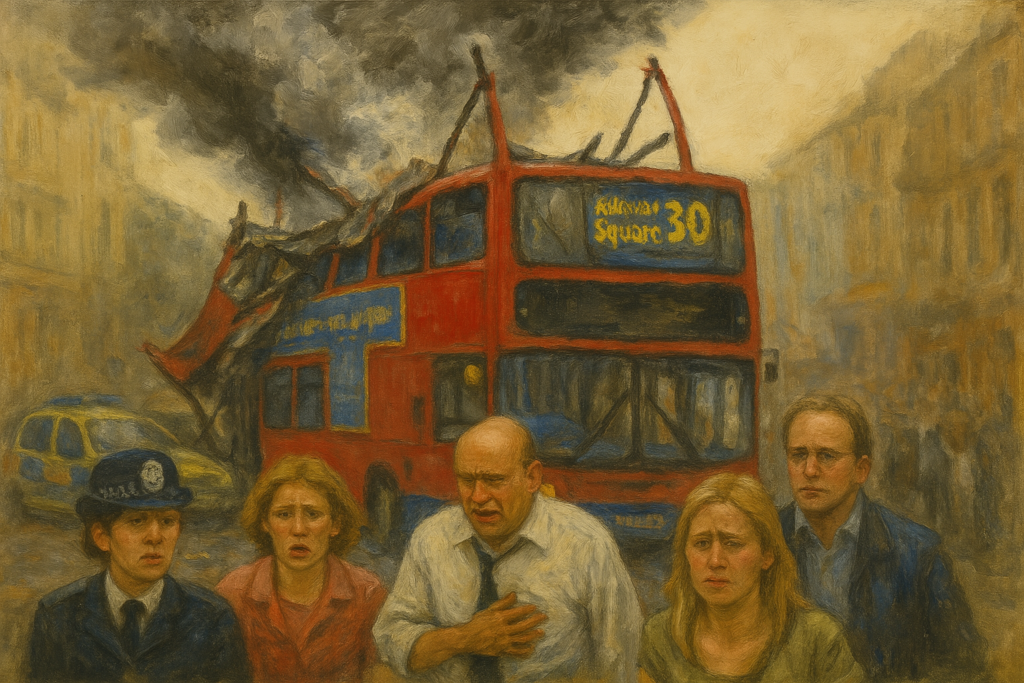As noted previously, Brazil’s economic agenda, including pandemic-related measures and structural reforms, are only likely to start moving if the elections of the new House Speaker and Senate Chairman are somehow “resolved”. They are to take place in February 2021, but the hope has been that political leaders could reach an understanding before then that might limit divergences among centrist allies and facilitate the political process necessary to reach a decision. This has not yet taken place, though a new element was introduced in the meantime that may break the impasse: on 25 November, the Supreme Court (STF) decided to start today, 4 December, considering a challenge brought by the Brazilian Labor Party (PTB) in August 2020 on the constitutionality of the re-election of presiding officers of both chambers of Congress.
A decision by the STF could unblock negotiations on a number of key items currently in Congress. Tax reform may in any case still be delayed by a few months as it still requires agreement across economic sectors and an ironing out of differences across House, Senate and government proposals for a constitutional amendment. The Emergency Constitutional Amendment, or PEC Emergencial, however, could perhaps start moving soon and provide some relief for markets and investors who need to see at least signals that Congress and the government are committed to restructuring and reducing spending as soon as possible. The same goes for the Budget Guidelines Law (LDO) that frames the 2021 Budget Law (LOA).
The decision by the STF plenary will not be easy. Ground will need to be broken to rule in favor of re-elections in both chambers. The language in the constitution is in fact crystal clear in its article 57 on how congressional presiding officers cannot be re-elected in subsequent elections (every two years). The easy (and literal) decision by the Supreme Justices should be to deny the possibility. However, there is a perceived loophole in that re-election has been possible for all other elective offices (mayors, governors and president) since 1997 and an adjustment could be justified to extend such an understanding to Congress. Also, there is the notion of interna corporis that can be interpreted to allow Congress, as a branch of the government, to decide on its own practices and procedures.
The tendency is for the STF to allow some leeway in its decision for Congress to retain its autonomy in determining how to handle its internal elections. This may look like a major concession to current presiding officers who will then be free to pursue their own candidacies. This may indeed be the intention of a majority of Supreme Justices who feel that the Maia-Alcolumbre combination has been, and should continue to be, the most effective way to check and balance the exercise of power across branches of government under the Jair Bolsonaro presidency. If that prevails, however, not only may the decision be questioned, but there is no real guarantee that the incumbent speaker and chairman will be re-elected. A definitive solution may not materialize until close to election day in the first week of February – and crucial legislative activity may also need to wait until then regardless.







